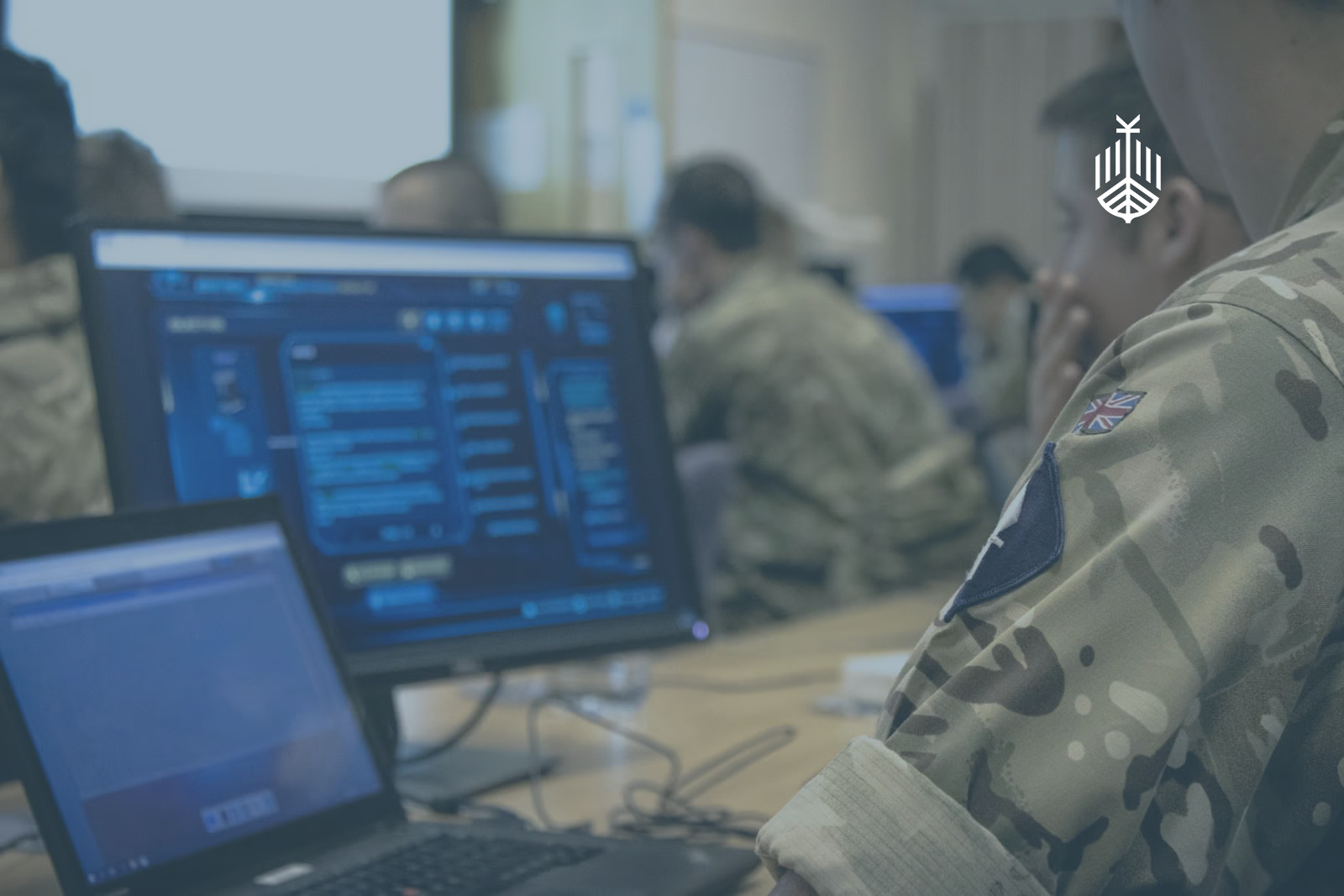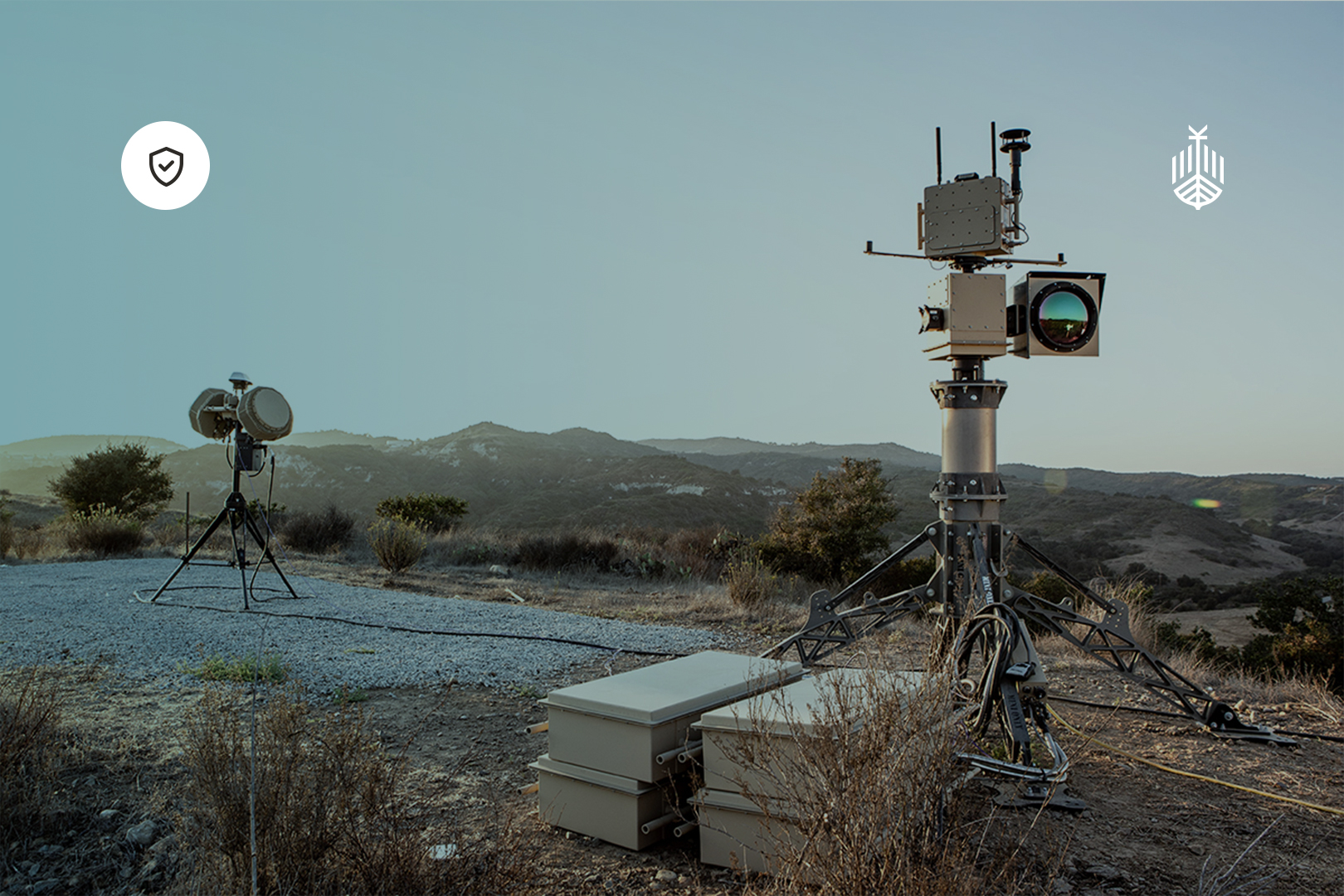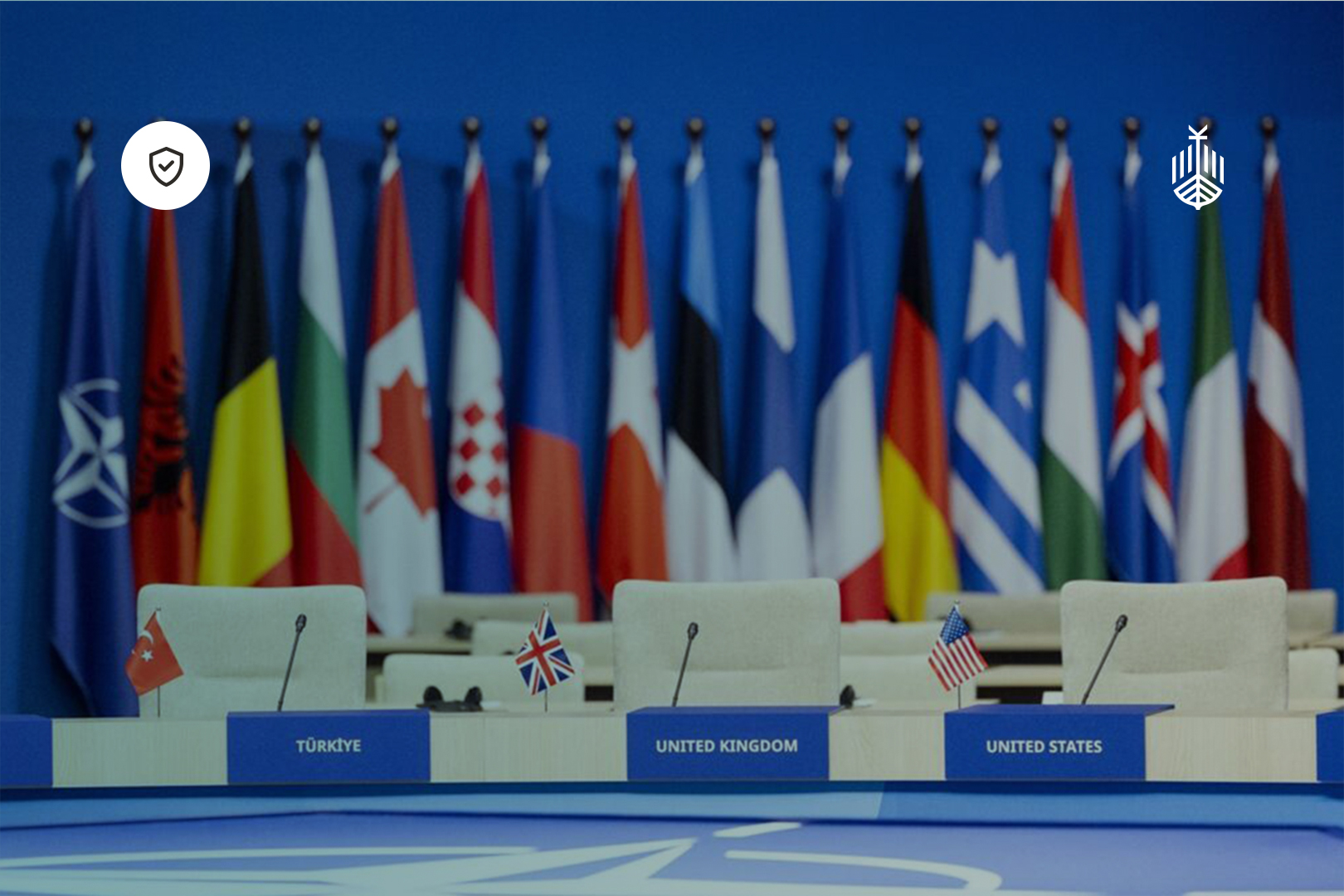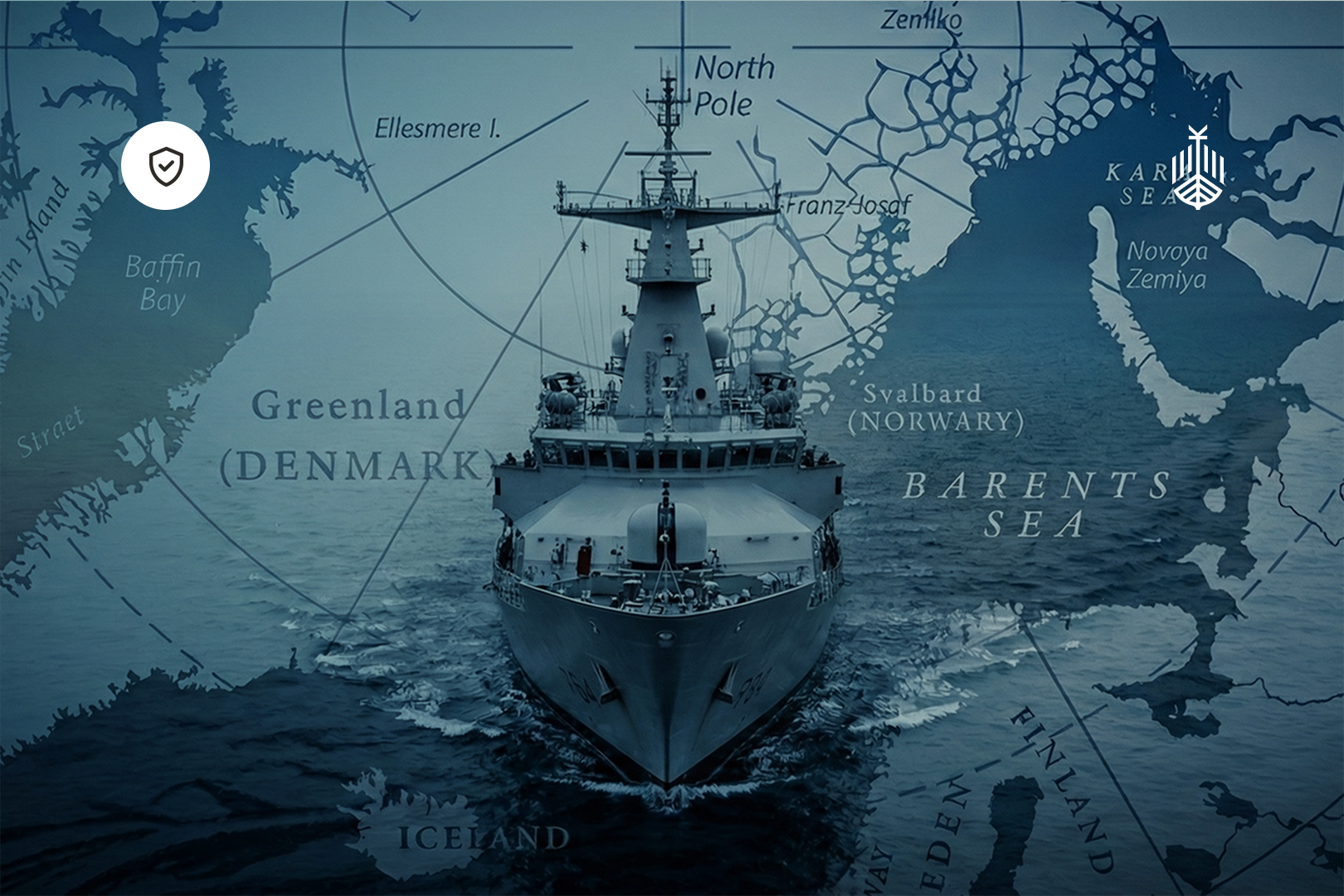As we enter the era of quantum computing, the defence and military sector stands to benefit significantly from this transformative technology, particularly in encryption and cybersecurity. However, the journey towards adoption and optimisation is not without challenges. Quantum computing is one of the top five technologies that NATO are investing in so keeping abreast of the latest innovations is key. This guide is co-authored by Richard Cashmore of Simpson Associates, the data analytics specialists.
Quantum computing: delving deeper
Quantum computing's distinct capabilities stem from the fundamental principles of quantum physics. These principles include superposition and quantum entanglement. Superposition is a quantum bit's ability to exist in multiple states simultaneously, vastly increasing processing capacity compared to classical binary bits. Quantum entanglement is an extraordinary phenomenon where two particles, regardless of their separation distance, can instantly affect each other's state.
This combination of superposition and entanglement creates a quantum leap in processing power. Quantum computers could potentially perform calculations far more swiftly and accurately than their classical counterparts, with applications ranging from complex simulations to factoring large numbers, which underpins encryption and decryption processes.
The quantum advantage in cybersecurity
The ongoing revolution in quantum computing has considerable implications for cybersecurity, particularly in the highly sensitive areas of defence and military operations. Central to these implications is the changing landscape of encryption, the cornerstone of secure communication.
Overcoming computational hurdles
Current encryption techniques, though robust, rely on the computational hardness of factoring large numbers—a task that classical computers find difficult. This is what lends traditional encryption its 'unbreakable' status. However, with the dawn of quantum computing, the picture changes dramatically. Advanced quantum computers have the potential to easily overcome this computational hurdle, posing a severe threat to the integrity of existing cryptographic systems.
Quantum encryption
In light of this vulnerability, there's a growing focus on quantum encryption, which offers a fundamentally new approach to data security. Drawing upon the principles of quantum mechanics, quantum encryption posits the concept of 'unhackable' transmission. A principal example of this revolutionary technology is Quantum Key Distribution (QKD). QKD allows two communicating parties to generate a shared secret key, used for encrypting and decrypting messages.
A unique feature of QKD is its intrinsic security mechanism, stemming from a fundamental quantum principle known as the 'observer effect'. In essence, any eavesdropper attempting to intercept the key unavoidably disrupts the quantum system, thereby betraying their presence. This inherent security feature of QKD, unlike anything found in classical encryption techniques, is paving the way for a new era of secure communication.
Quantum-secure communication
The urgent need for quantum-secure communication in the defence and military sector has catalysed numerous innovative research projects. For instance, the Quantum Communications Hub here in the UK is driving efforts to build practical QKD systems that can be integrated into existing communication infrastructure. This collaborative initiative aims to propel the UK to the forefront of quantum communication technology, thereby enhancing national security in the quantum age.
Simultaneously, global progress in space-based quantum communication is also noteworthy. The successful implementation of QKD on the Chinese Micius satellite underscores the real-world applicability of quantum encryption. By enabling secure quantum communication on a global scale, space-based QKD could offer the military and defence industry a potent tool to guard against eavesdropping and cyber threats in an increasingly interconnected world.
A new era for military and defence
Given the sensitivity of defence and military communications, the application of quantum encryption and QKD could revolutionise these sectors. QKD could provide secure communication lines immune to eavesdropping and capable of alerting any intrusion attempts. The integration of quantum computers and quantum encryption technologies would ensure the privacy of strategic communications, even against adversaries equipped with their quantum decryption capabilities.
Moreover, the processing capabilities of quantum computers could bring transformative impacts across various other military domains, including logistics, strategic planning, and real-time decision-making.
Logistics
In logistics, one of the most critical aspects of military operations, quantum computing could significantly enhance efficiency and response times. Today, military logistics involve managing complex networks of personnel, equipment, and supplies across numerous locations and conditions. This complexity requires substantial computational power and speed for optimisation, which quantum computers are expected to deliver. With the ability to perform many calculations simultaneously, quantum computers could optimise routes, inventory management, and resource allocation in real-time, enhancing responsiveness and potentially saving lives on the battlefield.
Strategic planning
Strategic planning, another key aspect of military operations, stands to benefit significantly from quantum computing. Currently, strategic planning involves numerous variables and uncertain outcomes, requiring complex simulations and computations. Quantum computers, with their superior processing capabilities, could run these simulations far more swiftly and accurately than classical computers. This would allow for more sophisticated and detailed strategic plans, which in turn could lead to more successful missions with fewer risks.
Real-time decision making
Additionally, real-time decision-making during military operations could be substantially improved with quantum computing. Armed forces often have to make critical decisions under pressure, and the speed and quality of these decisions can greatly affect the outcomes. By rapidly processing vast amounts of data and running complex algorithms, quantum computers could provide commanders with valuable insights and predictions, enabling them to make better-informed decisions quickly.
Predicting enemy movements
Quantum computers could also potentially predict enemy movements more accurately. For example, they could process various data sources, such as satellite imagery and communication intercepts, to infer patterns and predict future actions. This capability could provide a crucial edge in anticipating threats and proactively addressing them.
Thus, the promise of quantum computing extends well beyond encryption and cybersecurity in the defence and military sector. By unlocking unprecedented processing power, quantum technology could revolutionise the entire spectrum of military operations, from logistics and strategic planning to real-time decision-making and predictive analysis. The challenge lies in realising this potential amidst the inherent complexities of quantum technology and the geopolitical dynamics of the ongoing 'quantum arms race'.
Quantum challenges: reality checks
While the promises of quantum computing are profound, the path to full-scale adoption in the defence and military sector is not without its challenges.
Delicate quantum states
The first hurdle lies in the development of a practical, scalable, and stable quantum computer. Quantum states are incredibly delicate, susceptible to environmental factors like temperature variations, radiation, and electromagnetic noise. Engineering stable quantum systems that can operate reliably, especially in harsh military environments, is an active research area.
Quantum readiness
Secondly, transitioning from classical to quantum systems necessitates comprehensive preparation—often referred to as "quantum readiness." This shift includes not only hardware and software adaptations but also significant changes in staff training and protocol development. The defence industry must equip its personnel with the skills to operate quantum systems and develop new procedures for quantum communication and encryption.
Geopolitical dimension
Another pivotal challenge is the geopolitical dimension of quantum computing. The current 'quantum arms race' among countries is intensifying. Many nations are investing heavily in quantum research and development, conscious that being the first to master quantum technology could provide a significant strategic advantage. However, this race brings with it the risk of quantum technology misuse if it falls into the wrong hands, exacerbating global security concerns.
The quantum future
Despite these challenges, the potential benefits of quantum computing for the defence and military sectors are too significant to ignore. By offering a new level of encryption and cybersecurity, quantum computing can revolutionise military communications and operations.
As we continue to navigate the unfolding quantum era, both the public and private defence sector must stay ahead of the curve. Continued investment in research, development, and education around quantum technologies is paramount. Only by embracing these advancements and overcoming inherent challenges can we unlock the full potential of quantum computing.



.png)


.jpg)






